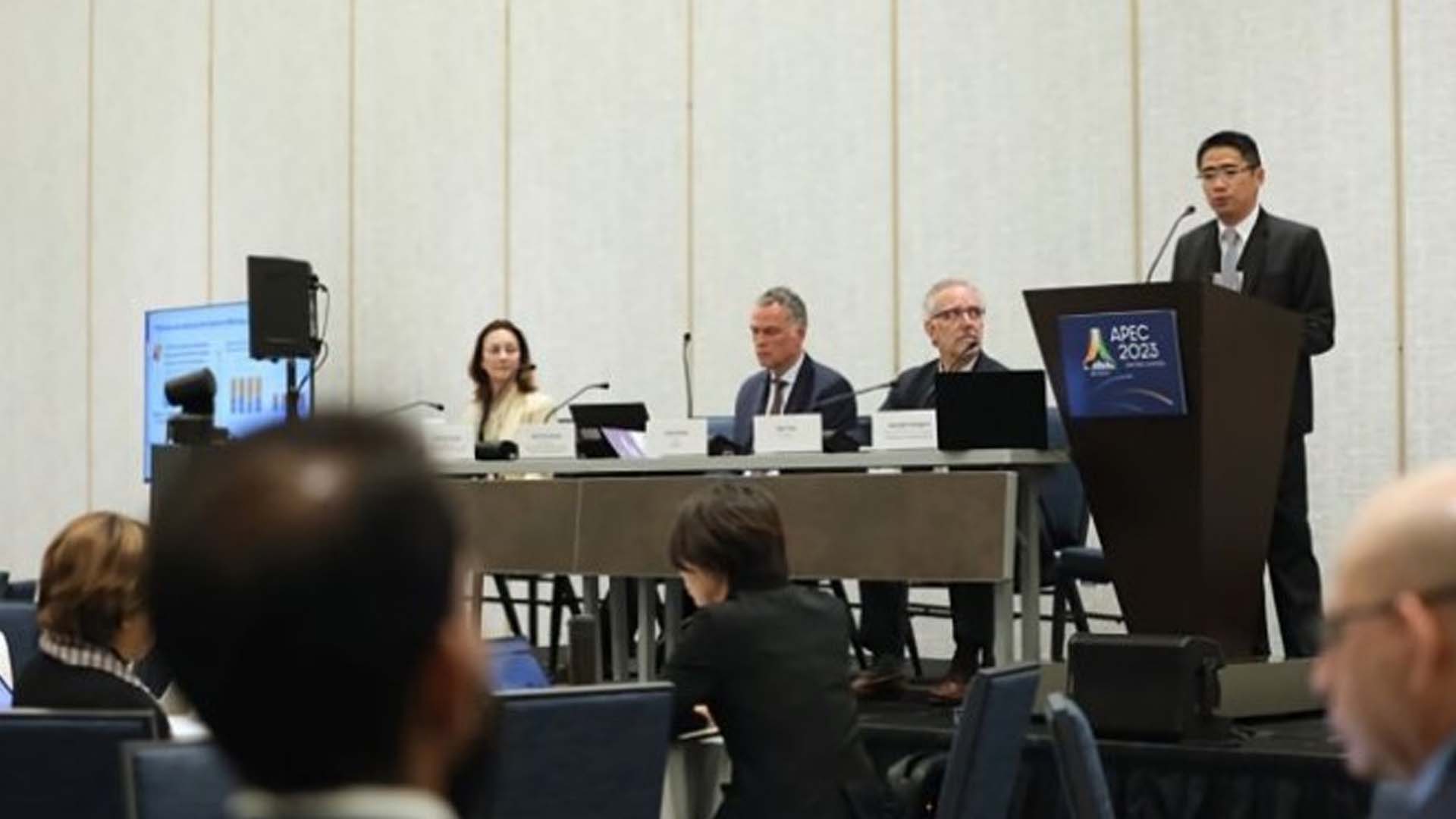Trade experts from the Organization for Economic Co-operation and Development (OECD) have urged Asia-Pacific Economic Cooperation (APEC) member economies to resolve barriers to services trade or stand to lose out both economically and socially.
According to trade experts, the services sector hailed as a new source of economic growth, has been drawing attention because of its prominence in most APEC economies.
Its contribution to the economy and employment opportunities is so significant that APEC leaders in 2016 instructed officials to develop a strategic roadmap with targets to achieve in 2025, according to a press release issued by the APEC Group on Services and received here on Monday.
“Two years before the deadline, we are still not on target and need to push hard to ensure that we have a robust services environment to drive economic growth,” the convenor of the APEC Group on Services, Thomas Fine, said.
The APEC Services Competitiveness Roadmap (ASCR) sets out three overarching targets for 2025: first, progressively reduce restrictions to services trade and investment; second, increase the share of services exports from APEC economies in the total global services exports; and third, increase trade in services to exceed 6.8 percent and top the added value of the services sector in the total gross domestic product (GDP) of APEC region.
Commercial services trade in APEC fell to a record low in 2020 to US$3.7 trillion from US$4.7 trillion in 2019, according to the APEC Policy Support Unit (PSU).
The PSU said it expects the number to be closer to the 2019 level now, but pointed out that APEC is well behind the target due to the disruptions caused by the coronavirus disease 2019 (Covid-19) pandemic.
“Many factors could affect services trade and one critical factor is government policies,” said Andre Wirjo, an analyst with the PSU, during a dialogue held in Detroit on May 18–20, 2023.
“Examples of these policies include restrictive measures affecting the supply of services via commercial presence and the movement of natural persons — all of which affected cross-border services trade,” he added.
Wirjo said early analysis has shown that many economies have removed some of the temporary measures put in place during the pandemic, especially those targeted at people’s movement and travel.
However, between 2021 and 2022, economies have also introduced trade restrictions that are not related to Covid-19.
Participants at the APEC Group on Services dialogue heard views from an expert from the OECD who stressed that creating an environment for services to thrive in the Asia-Pacific region will also allow growth to thrive globally.
“With the monitoring of services trade restrictions by both the PSU and OECD, it remains a cause for concern and what policymakers need to be mindful of is that you are missing opportunities for services policies to boost inclusive economic recovery,” the head of OECD’s division of trade in services, John Drummond, said.
The organization measures trade in services through its Services Trade Restrictiveness Index (STRI).
Drummond highlighted that policymakers could accelerate efforts to reduce barriers to essential services, such as logistics, transportation, courier, and distribution as well as push ahead with reforms that ease trade such as transparency, automation, and streamlining of border processes and border agency cooperation.
The experts also discussed ways to make trade in services more inclusive and equal for women, the role of structural reforms, as well as how the application of artificial intelligence can create opportunities and change the landscape of services at the same time.
Enhancing the infrastructure and competitiveness of the telecommunications sector is also a priority, they said. (PNA)







